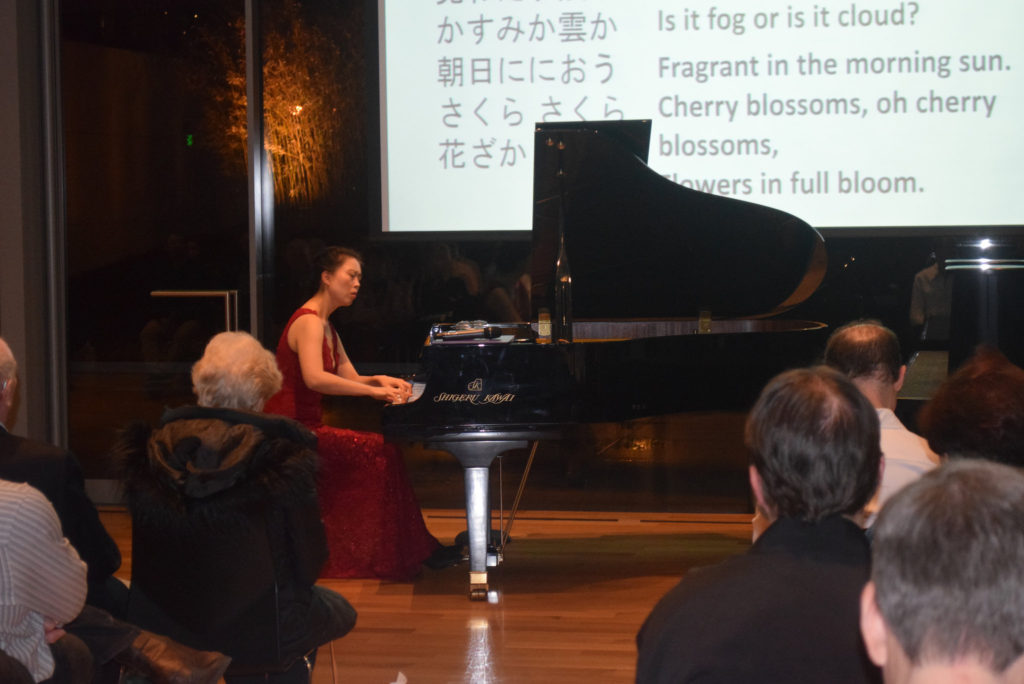This is an English translation of an article published in Nikkan San on December 19, 2019, as a part of my column, “The Way of the Pianist.
「All’s well that ends well」is a title to Shakespeare’s play, but it’s used like an idiom especially around this time of the year.

One of the special things about being a performer is the sense of communion with the audience that happens often at the moment a piece comes to an end. For a piece with a quiet ending, sometimes there is a few seconds of taut silence before the applause begins gradually, reminiscing the communal sensory adventure that we just shared. When the piece ends with a bravura cadence, sometimes the audience starts clapping and cheering all at once anticipating the last chord.

As for the end of each note, measure, phrase, and passage, these I had to learn to enjoy. “Enunciate the ends of your phrases with more care” “You have a slight tendency to short change the last beat of each measure.” “Patience!” My teachers and mentors from various stages of my development often advised me on this. In retrospect I see now how I always thought only about the beginnings of things, the things upcoming. These days, I find myself learning to cherish the end of each things, before going on to the next thing. To project sounds artfully, one needs to be responsible not only for the beginning of the sound’s pronouncement, but to its resonance and eventual decay. This was something I required maturity and experience to appreciate. It’s not that I look forward to the next thing less than before, but now I am slowly learning to pay attention to and take care of each passing thing, too.

According to a psychological heuristic called the “peak-end rule” people’s memory of an experience is based on how they felt at its peak (i.e., its most intense point, both positive and negative) and at its end, rather than based on the total sum or average of every moment of the experience. Unfortunately, our survival instinct often prioritizes negative memories over positive ones. So, in the case of a performer, one missed note can taint the memory of a whole performance, even if the reception is overwhelmingly positive. However, you can rewire your brain to be more positive just by consciously focusing on positive memories over negative, counterbalancing your instinct.
What was your most positive memory from the year 2019? How will you end this year? What are you looking forward to in the new year upcoming? I wish you all very happy holidays, and happy new year.